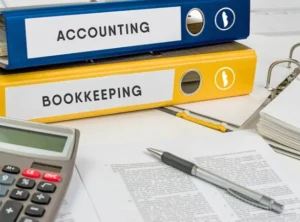Technology makes bookkeeping easier than ever, but it also brings new risks. Cyberattacks targeting bookkeeping systems are rising across Canada. If you use QuickBooks Online, you’ve probably wondered, is QuickBooks safe? or how secure is QuickBooks Online? The truth is, your data is only as safe as your setup. This guide breaks down QuickBooks security best practices so you can protect your financial records, clients, and peace of mind.
Why QuickBooks Security Matters
Financial data is some of the most valuable information your business holds. It’s not just numbers, it’s customer payment details, payroll records, vendor accounts, and tax documents. If that data is compromised, the fallout can be huge: lost money, reputational damage, and even CRA penalties.
QuickBooks is trusted by millions of businesses worldwide, which makes it an attractive target for cybercriminals. Fraudsters know that a single breach could expose sensitive financial records. According to the Canadian Centre for Cyber Security, small businesses are often hit hardest because they don’t always have strong IT protections in place.
Simply put, your QuickBooks data is a goldmine. QuickBooks security has to be a top priority.
The Biggest QuickBooks Security Risks
So where are the weak spots? Some of the biggest threats aren’t high-tech, they come down to human error.
Weak Passwords and Poor Login Practices
Many breaches start with something as simple as “Password123.” If you reuse weak passwords across different platforms, you’re practically inviting hackers in.
Source: Verizon Data Breach Investigations Report, 2024
Unauthorized Access
Sometimes the danger comes from within. An employee with more access than they need can accidentally (or deliberately) mess with records.
Outdated Software
Running QuickBooks on an old system without updates leaves open doors for attackers. Security patches exist for a reason.
Phishing Scams
Fake QuickBooks emails are a common trick. They might claim your subscription failed or that you need to verify account info. Click one bad link and you could hand over your login credentials.
Data Loss from Human Error
It’s not always malicious. Accidentally deleting data or misplacing backup files can be just as damaging as a hack.
How to Secure Your QuickBooks Login and Accounts
Locking down your login is the first line of defense.
Use Strong, Unique Passwords
Think random strings, not your dog’s name. A password manager can help generate and store them securely.
Enable Two-Factor Authentication (2FA)
QuickBooks supports 2FA, which means even if someone steals your password, they can’t log in without a second code sent to your phone or email.
Review User Permissions
QuickBooks lets you assign roles. Use them. Not everyone needs access to payroll or sensitive tax reports.
Monitor Suspicious Activity
Check your login history regularly. If you see logins from unfamiliar devices or locations, act fast.
Best Practices for Strong QuickBooks Security
Securing your login is just the start. Your data also needs backup and protection.
Keep Software Updated
Always install the latest QuickBooks and operating system updates. They include security fixes for known issues.
Set Up Automated Backups
QuickBooks Online backs up data in the cloud, but you can also set up local backups. Having two copies, one on the cloud, one on a physical drive, gives peace of mind.
Encrypt Sensitive Data
Encryption scrambles data so even if someone intercepts it, they can’t read it. QuickBooks uses bank-level encryption, but you can add extra layers with encrypted drives.
Limit Access to Financial Information
Not everyone in the office should have access to everything. Set up role-based access and limit sensitive data to those who truly need it.
A single data breach can cost a business hundreds of thousands of dollars, not to mention reputational damage.
Source: IBM Cost of a Data Breach Report, 2025
How to Avoid Phishing and Fraud Scams in QuickBooks
Phishing attacks look convincing. They may even copy Intuit’s branding. But there are red flags: odd email addresses, spelling errors, and urgent demands like “verify immediately.”
- Never click suspicious links. Instead, log in directly through the official QuickBooks site.
- Verify messages. If you’re unsure, contact Intuit support through their official site.
- Train employees. Many breaches happen because someone clicked a bad link. Short training sessions can save thousands.
Compliance Considerations for Canadian Businesses
Security isn’t just about protecting yourself, it’s also about staying compliant.
CRA Recordkeeping Requirements
The Canada Revenue Agency requires businesses to keep accurate financial records for at least six years. Losing data can create serious legal headaches.
Data Retention Rules
Digital or paper, your records must remain complete and accessible. That’s why secure backups are essential.
Privacy Obligations Under PIPEDA
Canada’s privacy law requires businesses to safeguard personal data, including customer and employee financial information. A breach can lead to fines and reputational damage.
Tools and Features in QuickBooks That Enhance Security
QuickBooks itself offers features designed to help.
- Audit Logs: Track every user’s activity so you know who did what and when.
- Role-Based Access Controls: Assign permissions so users only see what they need.
- Secure Third-Party Integrations: QuickBooks apps go through vetting before being added to the marketplace.
Using these tools takes some setup, but once in place, they add powerful layers of security.
Frequently Asked Questions
1. Is QuickBooks secure for business use?
Yes. QuickBooks uses advanced encryption, access controls, and monitoring tools to keep your data safe. Users must also apply proper security practices.
2. Can QuickBooks be hacked?
Like any software, QuickBooks can be targeted. Strong passwords, two-factor authentication, and updated software reduce the risk significantly.
3. How can I back up QuickBooks data securely?
Use both cloud and local encrypted backups. Schedule automatic backups and test them regularly to ensure recovery readiness.
4. Is QuickBooks safe for storing customer payment information?
Yes, if proper QuickBooks Security protocols are followed. QuickBooks encrypts stored and transmitted payment data.
5. How do I know if my QuickBooks account was accessed?
Review your audit log and login history. Unrecognized devices or IPs indicate possible unauthorized access.
Conclusion: Your QuickBooks Security is Your Business Security
Your financial data is too important to leave exposed. With QuickBooks, you already have a powerful accounting system, but it’s only as secure as the practices you put in place.
Strong passwords. Two-factor authentication. Regular backups. Employee training. These aren’t complicated steps, but together they create a shield around your business finances.
Think of it this way: you wouldn’t leave your office door unlocked overnight. Treat your QuickBooks data with the same care. Protect it, and you protect your future.
If you’d like help setting up QuickBooks with the right security measures, AccTax can walk you through everything, from user permissions to backup systems.
Book your consultation today and take the guesswork out of safeguarding your finances.




